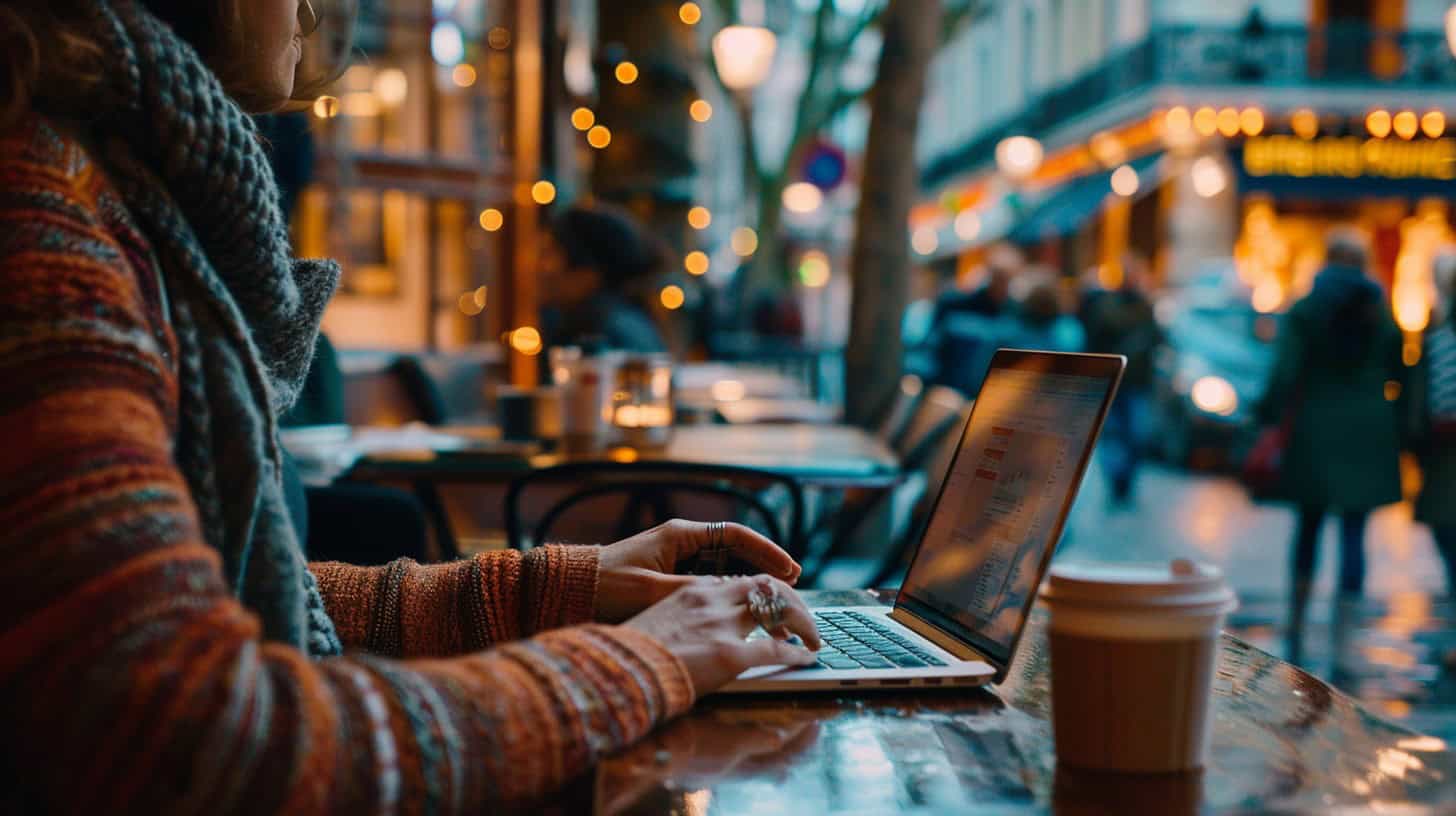Staying safe online is a big concern for many. A VPN protects your internet actions. This article will show you 14 ways a VPN changes how you use the web.
Read on for insights that matter.
Key Takeaways
A VPN keeps your online activities private by encrypting your data. This stops hackers, governments, and even ISPs from seeing what you do on the internet.
With a VPN, you can access shows, games, and websites from other countries by changing your IP address. It lets you bypass geo-blocks and censorship.
Using a VPN improves internet speed and prevents ISP tracking. It stops them from slowing down your connection when streaming or gaming.
A VPN protects your information on public Wi-Fi networks, making it safe to browse and send sensitive data anywhere.
Setting up a VPN is easy. You choose a service like NordVPN, sign up, download their app, and connect to secure servers for safer browsing and streaming.
Table of Contents
VPNs Explained
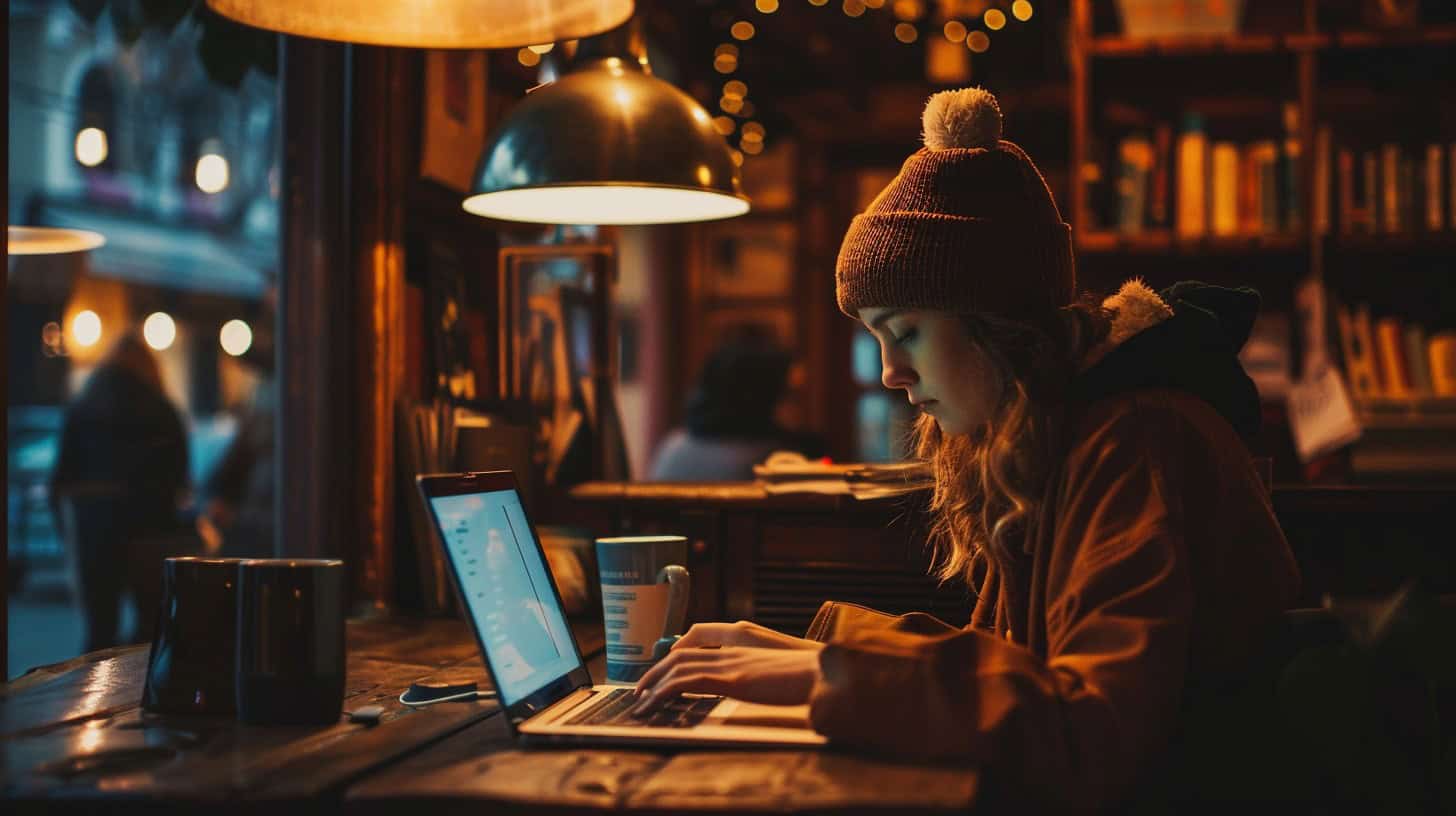
A VPN, or Virtual Private Network, acts like a secret tunnel for your internet traffic. It hides your real IP address and encrypts what you do online. This means no one can see where you’re going or what you’re doing on the internet—not hackers, not the government, and not even your own Internet Service Provider (ISP).
I use VeePN when I’m online to keep my info safe. They send my internet data across the globe through their servers. It’s fast and private.
This encrypted connection makes things safer for you. Whether you’re paying bills, shopping, or just browsing Facebook files—your details are hidden. Encryption turns your data into a code that only VeePN can read.
So if someone tries to spy on you, all they’ll see is scrambled information. Plus, with servers everywhere, VeePN lets me access shows on BBC iPlayer that aren’t available in my country by making it seem like I’m somewhere else.
It’s simple but powerful tech that keeps me ahead of snoops and restrictions without slowing down my gaming latency or messing up my streaming.
Key Functions of a VPN
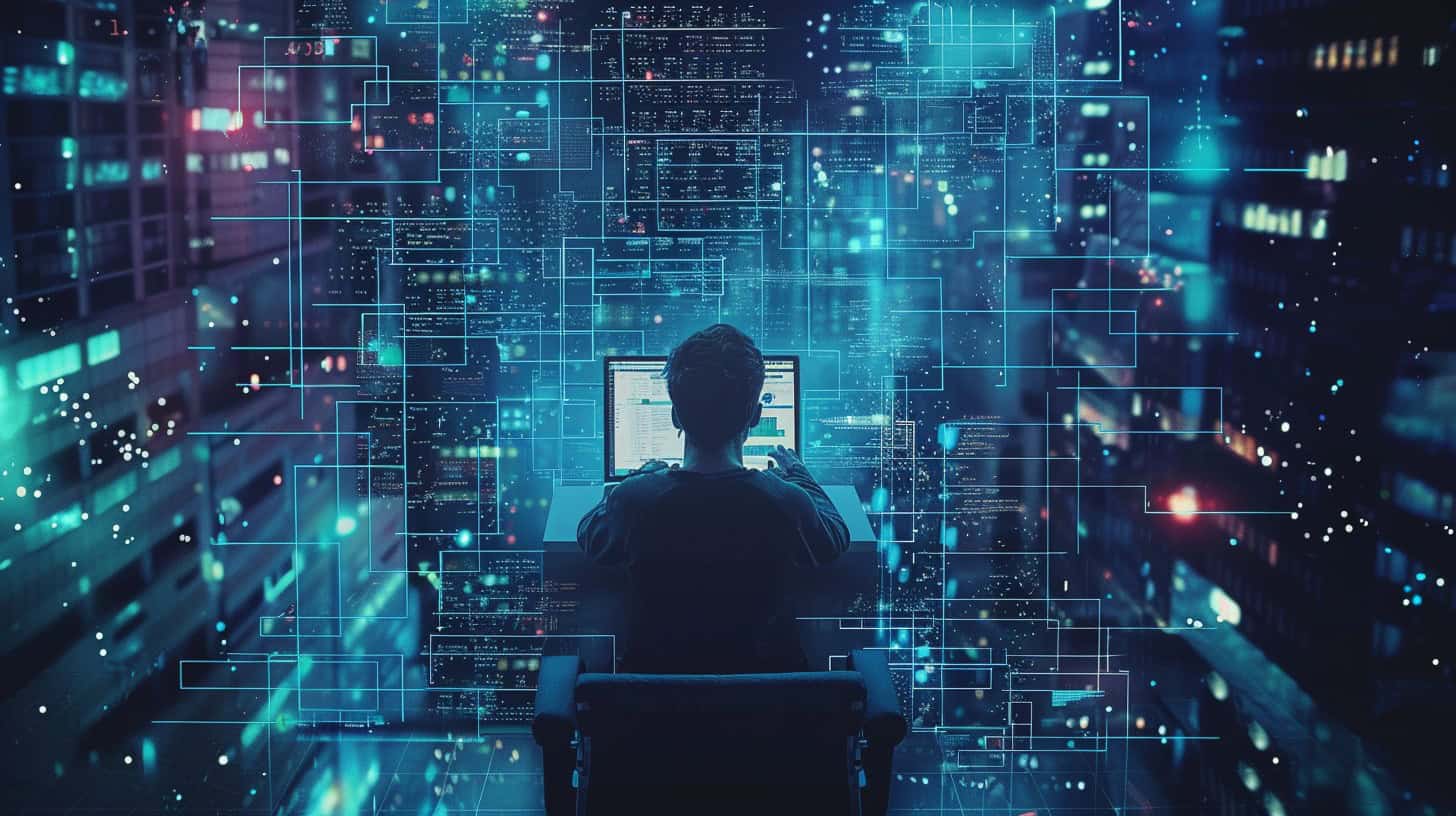
A VPN, like NordVPN, works magic for your online life. It turns your browsing into a private show and keeps nosy ISPs out of your business.
Privacy Enhancement
VPNs act like a secure tunnel for your internet traffic, making sure no one else can see what you are doing online. By encrypting your data, they keep your personal information safe from hackers and cyber threats.
This means all your activities, from browsing to messaging apps, stay private. With VPNs, your IP address hides behind a server in another location. This makes it hard for anyone to track you down or figure out where you are.
Online anonymity comes easy with VPNs. They prevent ISPs and websites from seeing who you really are or what you’re up to on the internet. Imagine sending secret letters that only the person you’re writing to can open—that’s how a VPN works for everything you do online.
It’s like having an invisible cloak that keeps all prying eyes away from your digital life.
A VPN turns the internet into a safer place by encrypting every bit of data shared across networks.
Anonymity Online
Shifting from enhancing privacy, achieving true anonymity online becomes easy with a VPN. A virtual private network hides your real IP address and location. This masks your internet activities from anyone trying to watch, including cybercriminals and companies looking for data.
It’s like you become a ghost in the machine—visible but unreachable.
Using this tool, one can safely browse without leaving traces. Whether it’s visiting websites or making transactions, your actions remain your secret. This protection is critical in a world where digital footprints are closely monitored by ISPs and malicious actors alike.
Online living anonymously isn’t just an option; for many, it’s necessary to maintain freedom and security on the web.
ISP Tracking Prevention
VPNs stop ISPs from seeing what you do online. This means they can’t slow down your internet because you’re watching lots of videos or downloading big files. I found this out myself when my movie streaming stopped buffering after I started using a VPN.
It hides your web visits, searches, and downloads from those who might want to track them.
This protection also keeps advertisers and others who might want to use your data for profit in the dark. If an ISP can’t see your activity, they can’t sell it. With a VPN, my ads became less creepy and more random—proof that my browsing habits were no longer being tracked and sold.
Public Wi-Fi Data Protection
Public Wi-Fi networks are everywhere—coffee shops, airports, libraries. But they’re not safe. Hackers can easily steal your data on these networks. A VPN creates a secure tunnel for your internet connection on public Wi-Fi.
It encrypts all data you send and receive. This means, even if someone tries to intercept your information, they can’t read it.
I remember working at a coffee shop once, using public Wi-Fi to send client files. Halfway through, I switched to my VPN app. Instant relief! I knew that no one else on the network could see what I was sending or receiving anymore.
Using a VPN on public Wi-Fi is like putting your data in an armored vehicle.
VPN Uses for Streaming and Access
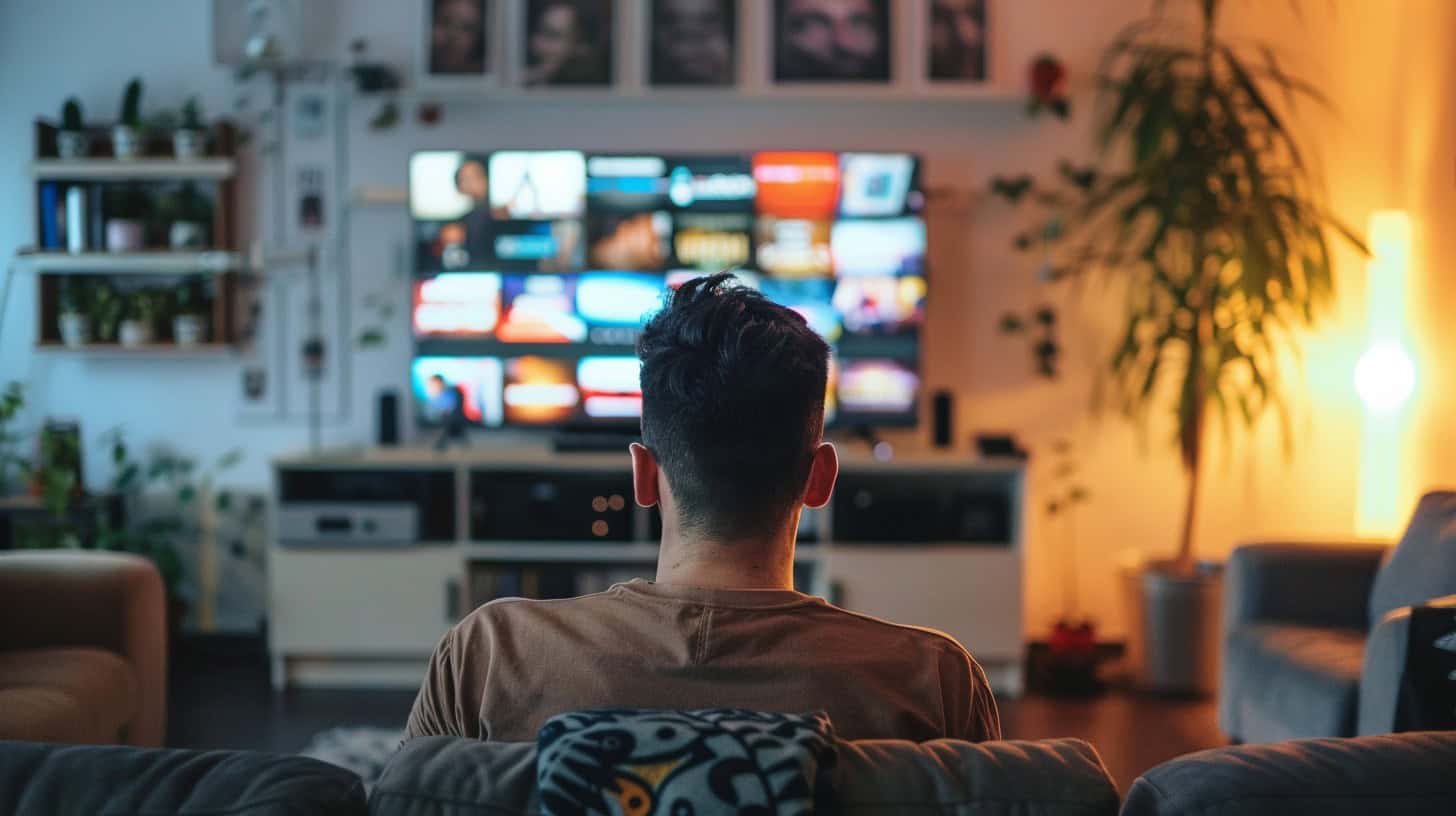
Using a VPN lets you watch shows and games from anywhere, even if they’re not usually available in your country. It opens doors to worldwide web pages and sports events without hassle or delay.
Geo-Blocked Content Streaming
Geo-blocked content streaming stops you from watching shows and movies available in other countries. A VPN tricks services into thinking you are in a country where the content is allowed.
I once wanted to watch a series only in Japan. So, I connected my VPN to a server there and watched without trouble.
Many streaming platforms check your location. If they see you’re not where certain movies or sports are free to watch, they block you. With a VPN, this isn’t an issue. Just pick a server in the right country.
This way, fans never miss out on their favorite shows or games because of where they live.
Sports Blackout Bypass
Moving from streaming geo-blocked content, let’s talk about accessing sports events. Fans face blackouts–local games blocked on TV or online in their area. A VPN breaks through these barriers.
It tricks the system into thinking you’re in a different location where the game is available. I’ve used NordVPN to watch blackout games myself.
A reliable VPN like NordVPN changes your IP address. This lets you bypass local sports blackouts and watch live games from anywhere. For example, if your favorite team’s game is not shown in your city, a VPN can make it seem like your device is in another city where the game is broadcasted.
Using NordVPN made it easy for me to catch every game of my favorite team, even during blackouts.
Geo-Restricted Website Access
Geo-restricted websites limit access based on your location. A VPN lets you connect to a server in a different country, making it seem like you are browsing from there. This trick unlocks sites and services not available in your region, giving you global internet freedom.
For example, streaming platforms often restrict shows by geography. With a VPN, you can watch content from the U.S., U.K., Japan, or anywhere else simply by choosing a server in that country.
It’s effective for bypassing blocks on news sites, social media, and other online services facing restrictions in places like China and Iran.
VPN Benefits for Speed and Accessibility
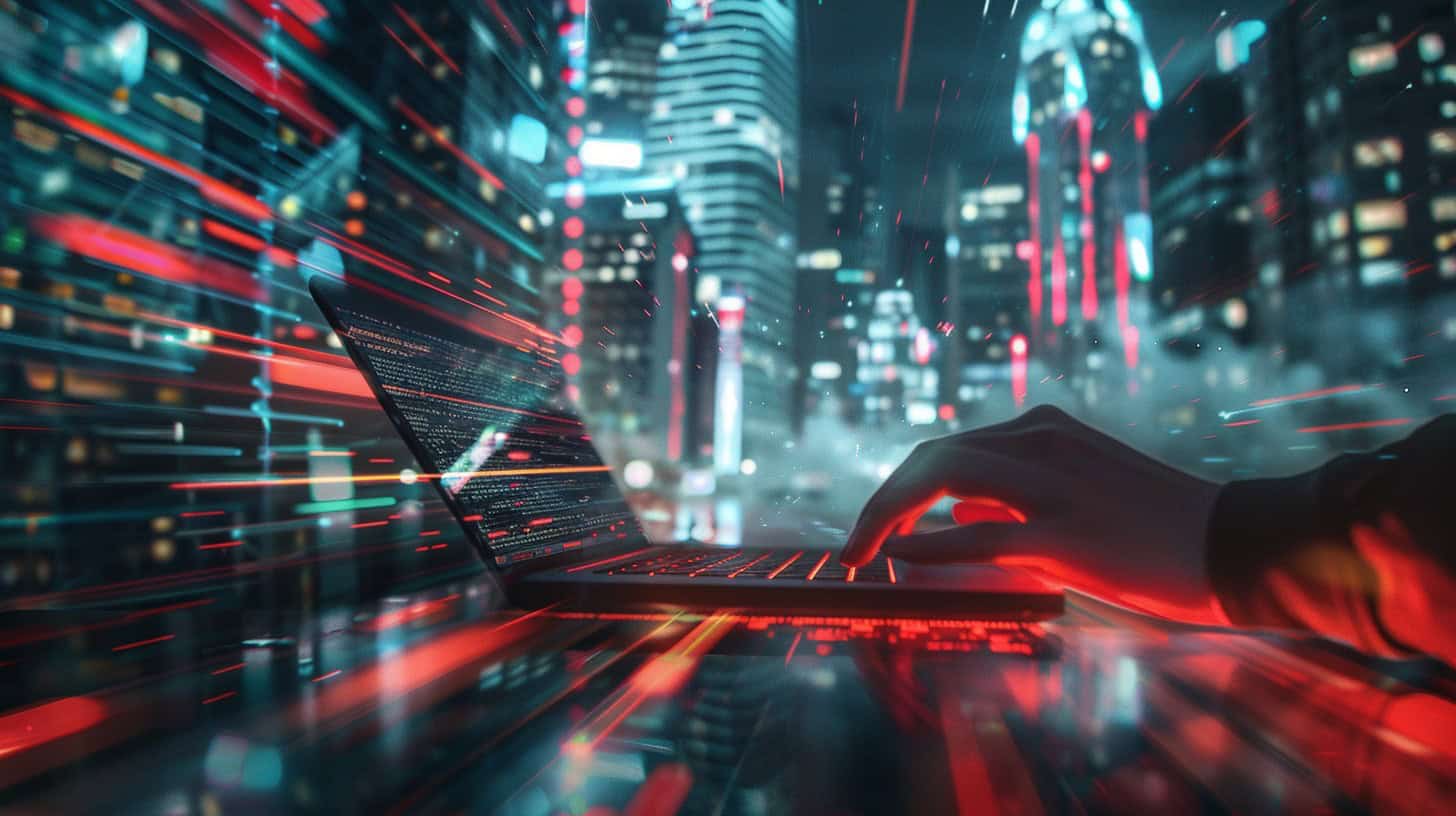
Using a VPN can make your internet faster, especially if your ISP slows down your speed. It also lets you safely share files and play online games without lag.
Faster Internet Connections
VPNs stop ISPs from slowing down your internet when you use lots of data. They hide what you do online, so your ISP can’t see and limit your speed. This means videos load faster, websites open quickly, and downloads don’t take as long.
With a VPN, your internet gets the full speed it should.
This tool makes sure ISPs treat all your internet activities the same. No more buffering during streaming or slow downloads. Plus, VPNs make gaming smooth by reducing lag. Your connection stays fast, whether you’re watching movies, browsing sites, or playing online games with friends across the globe.
Safe Torrenting
Torrenting without a VPN is like leaving your front door open. Everyone can see what you’re doing and where you’re going online. A VPN hides your real IP address, making your torrent activities private and secure from prying eyes, such as hackers or ISPs eager to throttle speeds for heavy downloaders.
I learned this the hard way after receiving warning letters from my ISP.
Using a virtual private network ensures encryption of downloading sessions, safeguarding against potential threats and bandwidth throttling by ISPs—a common issue many face without realizing it.
This not only keeps data transfers private but also improves overall speed and reliability of connections while sharing or downloading large files.
A secure torrent session with a VPN changed my internet experience; no more ISP warnings.
Enhanced gaming performance hinges on stable and fast internet.
Enhanced Gaming Performance
A VPN cuts down on lag spikes and reduces latency in games. This makes online games like PUBG and Apex Legends run faster and smoother. It wraps your data in encryption, stopping your ISP from slowing you down.
I’ve seen my own game performance get better while using a VPN.
Using a VPN also hides your IP address, making it harder for attackers to target you with DDoS attacks. Games load quicker, playtime is smooth, and competitors can’t easily mess with your connection.
You stay ahead with stable speeds, no matter the game or where the servers are located.
Censorship Circumvention
Bypassing internet restrictions becomes easy with a VPN. Governments in some countries block access to sites like Wikipedia and Google. A VPN lets you get around these blocks by changing your virtual location.
This means you can open any site, even if it’s not allowed in your country.
Next up, let’s talk about how using a VPN can lead to savings while shopping online…
Financial Benefits of VPN Usage
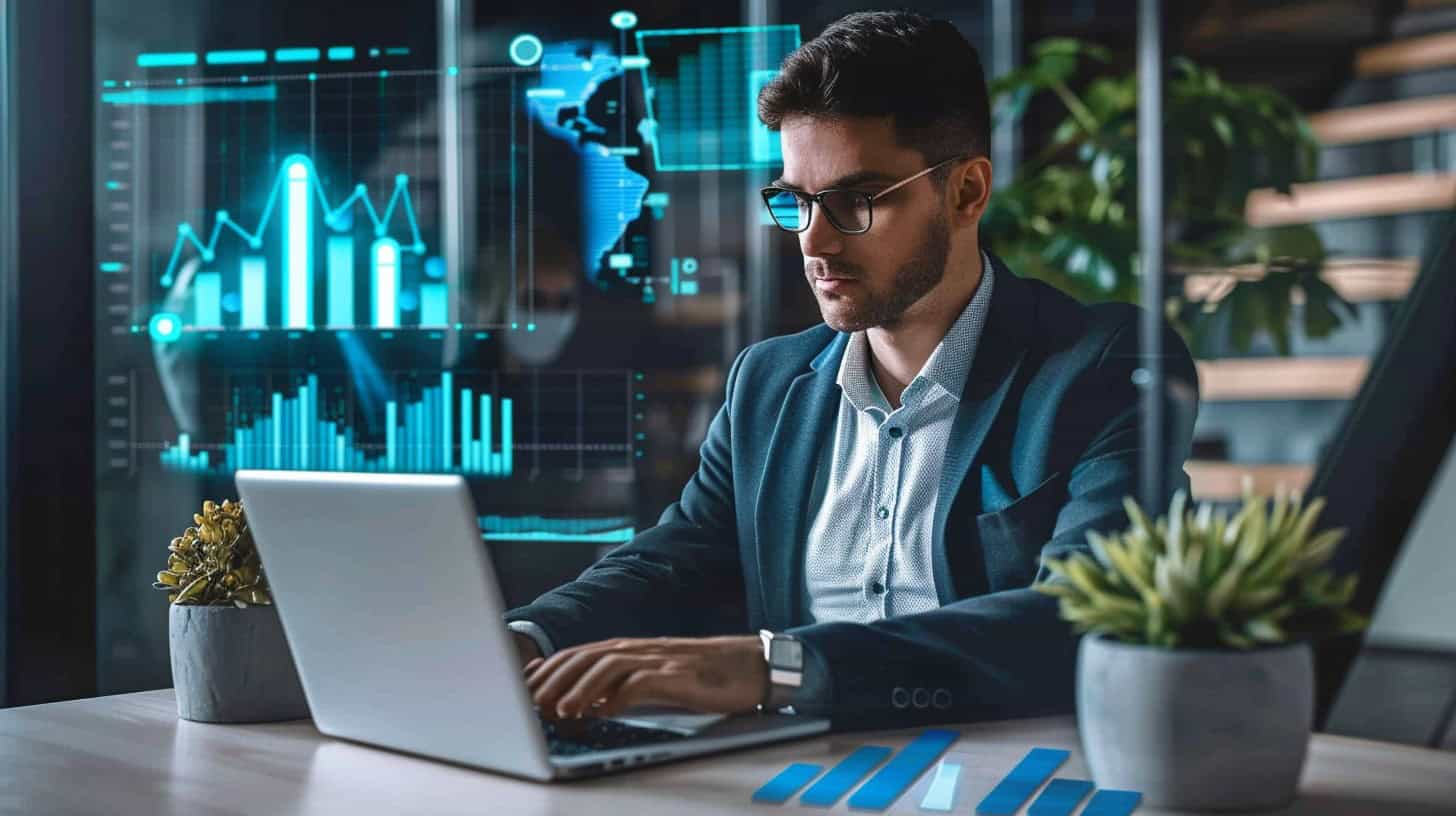
Using a VPN can save you money on travel and online shopping. It helps you find deals that are not available in your area.
Cheaper Travel Fares
A VPN hides your IP address and encrypts your internet activity. This tricks travel sites into thinking you are somewhere else. It lets you avoid dynamic pricing, so airlines and booking sites offer lower prices.
You see the same flights and hotels but at costs that could be much cheaper than your real location’s prices.
By using a VPN, you can also dodge location-based price hikes. Compare deals across different countries with just a few clicks. This way, finding the lowest price for flights, hotels, and car rentals becomes easy.
No need to pay more just because of where you live or where you usually shop online.
Online Shopping Savings
After finding lower travel costs, shoppers can also save money buying online with a VPN. This technology lets you avoid dynamic pricing. Stores change prices based on your location.
A VPN hides your real spot and shows a different one. You might get cheaper deals this way.
VPNs open up more savings by letting you access special offers blocked in your country. They also make it look like you’re a new visitor, which can give you first-time discounts or extended free trials on services.
Just switch your IP address and browse for deals as if it’s your first time there.
Free Service Access Expansion
A VPN switches your IP address to make you appear as a new visitor. This trick lets you access more free resources and services. I tried it with online libraries and streaming sites.
Suddenly, I had more books, shows, and movies at no extra cost.
Using a VPN gave me the key to unlock a world of content without opening my wallet.
This tool also helps bypass geo-blocks. You get to enjoy websites and content from anywhere on Earth. It’s not just about saving money; it’s about breaking down digital walls. With a VPN, the internet has no limits or borders for you.
Security and Ease with a VPN
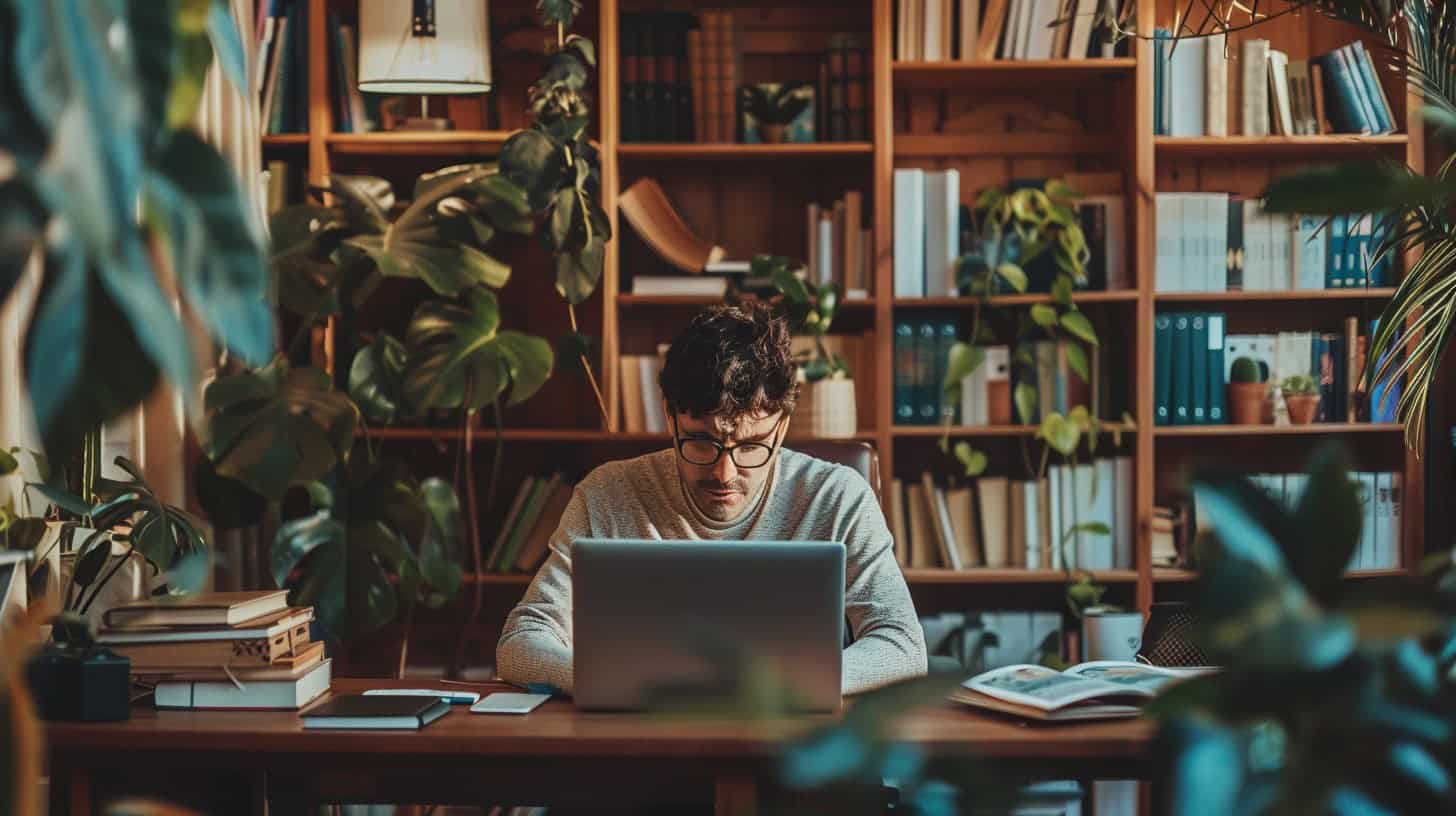
Using a VPN means more safety when you’re online and doing things like banking or shopping. It keeps your phone safe too, especially on public Wi-Fi where risks are higher.
Online Banking Security
A VPN shields your online banking by encrypting data. This creates a secure path for your info. It stops thieves from stealing personal details on public Wi-Fi. This is key for bank tasks on the move.
VPNs use encryption to make sure only you and the bank can see your data. They turn information into code that hackers can’t read. That keeps your money and identity safe, no matter where you log in from.
Mobile Device Protection
Mobile VPNs secure your phone on open networks. They use strong protocols like OpenVPN and IKEv2/IPSec to keep data safe. This means hackers can’t see what you do online or where you are.
With a mobile VPN, switching from free Wi-Fi to cellular data keeps your connection secure without dropping.
These VPNs also protect against malware by encrypting your browsing history and personal info. If you use banking apps or shop online with your phone, a VPN acts as a shield. It hides your IP address and makes sure no one can steal your info.
For phones, this security is key for peace of mind while doing anything sensitive on the go.
ISP Restriction Avoidance
Protecting your devices leads right into bypassing ISP restrictions. A VPN does this well by hiding your online moves. It encrypts your data and sends it through its own servers. This way, ISPs can’t see what you’re doing or slow down your internet on purpose.
I’ve used a VPN to stop my ISP from limiting my speeds when streaming or gaming—and it worked.
This trick lets you enjoy faster internet without unfair slowdowns. For example, without a VPN, my Apex Legends game lagged badly during peak hours because of ISP throttling. After I started using a VPN service, my connection got much stable and quicker—no more sudden jumps in the game.
So yes, using a VPN means saying goodbye to these annoying restrictions for good.
Public Wi-Fi Safety
Using a VPN on public Wi-Fi is smart. Public hotspots are not safe for your private info without it. Hackers find these places easy to steal data from. I learned this the hard way once, thinking my info was safe.
A reliable VPN encrypts what you send and get online, making it unreadable to others.
A good VPN stops hackers in their tracks. They can’t see what sites you visit or grab your passwords. This tool also hides your location and IP address, keeping you anonymous. You get peace of mind knowing your personal details are locked up tight every time you use public Wi-Fi.
Common VPN Misconceptions
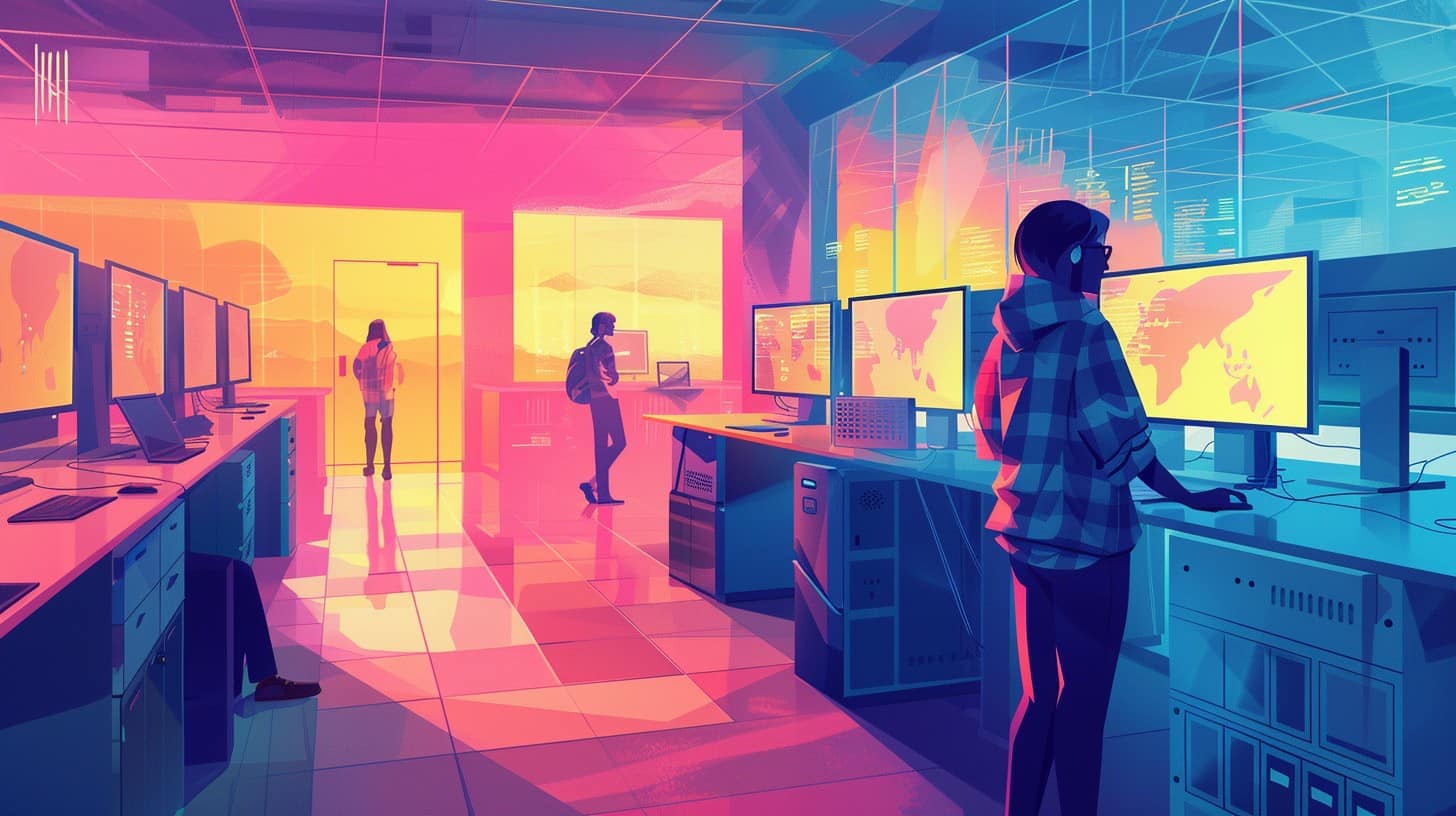
Many people think a VPN makes them invisible online. This is not true. A VPN hides your web visits from others, but you’re not completely hidden. Websites can still see your IP address through other means, and bad choices online can expose you.
Another myth is that all VPNs get past government blocks. Some countries block certain VPN services, making it hard to access restricted content. I’ve tried different VPNs in such places, and only a few worked well.
Lastly, there’s this idea that using a VPN allows illegal actions without getting caught. Not so. Authorities can still track down illegal activities through advanced tracking methods beyond simple IP addresses.
Getting Started with a VPN

Setting up a VPN is simple and straightforward. Here’s how to do it, step by step:
- Choose a reliable VPN service. NordVPN stands out for its security features and fast speeds.
- Sign up for the service on their website. You’ll need an email address and a payment method.
- Download the VPN app from the provider’s site or an app store—like Google Play Store or Apple App Store.
- Install the app on your device—whether it’s a computer, smartphone, or tablet.
- Open the app and sign in with your account details you created during sign – up.
- Connect to a VPN server. You can choose a specific country or let the app pick the fastest one for you.
- Once connected, all your internet traffic goes through the encrypted tunnel provided by the VPN.
Enjoy safer browsing, streaming, and gaming with these steps!
FAQs About What To Use a VPN For
What does a VPN do for online privacy?
A VPN, or Virtual Private Network, keeps your internet activity private… It encrypts your data, so even on public Wi-Fi, you’re safe from prying eyes.
Can I access my work files from home with a VPN?
Yes! With remote access through a VPN, you can reach your internal networks securely… Work from anywhere as if you were sitting in the office.
How does a VPN help with streaming services?
Streaming more shows and movies becomes easy. A VPN lets you bypass censorship and geo-blocks… So, watch what you want, no matter where you are.
Is it true that a VPN can prevent hacking attacks?
Absolutely! By encrypting your connection—think AES-256-GCM—it acts like an unbreakable shield against hackers and phishing attacks.
Will using a VPN slow down my internet speed?
Not really… While some drop in speed is possible due to encryption overheads; top-notch providers like ExpressVPN offer fast connections that make the difference barely noticeable.
How does a kill switch protect me while using a VPN?
If your connection drops unexpectedly—the kill switch jumps in instantly. It cuts off all internet traffic until the secure link is back up… Keeping your data safe at all times.
